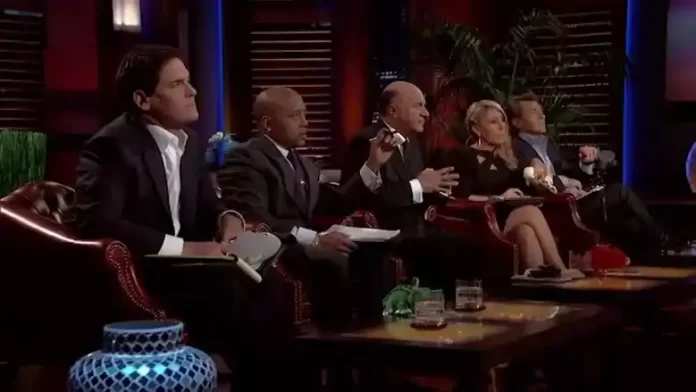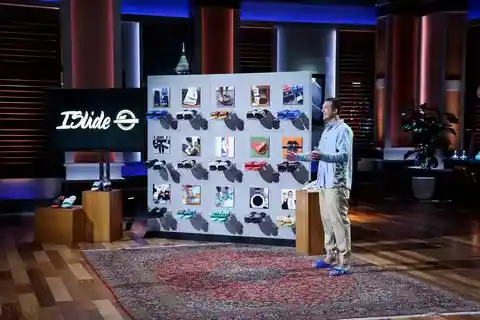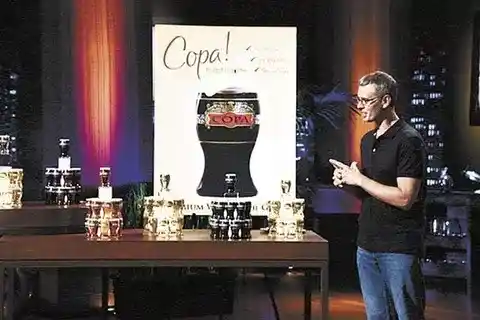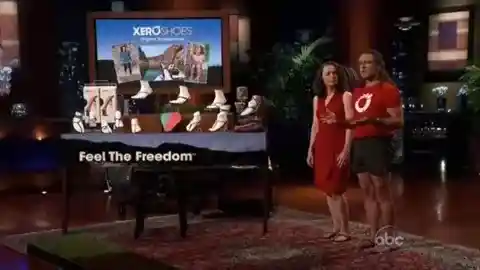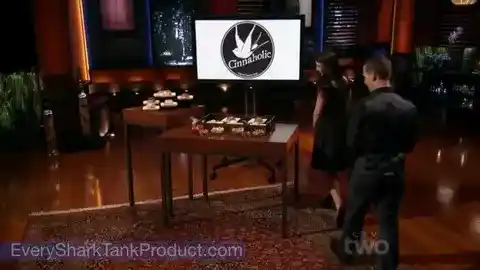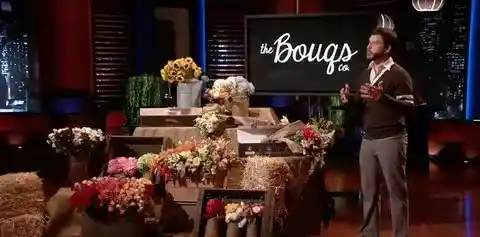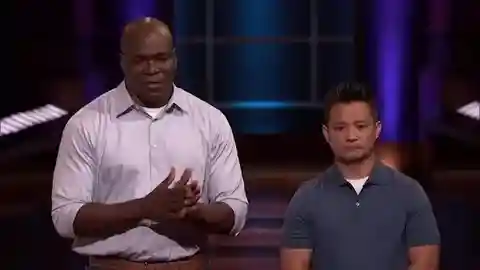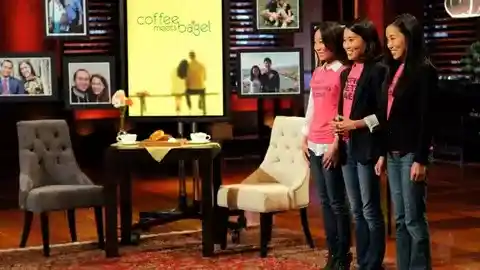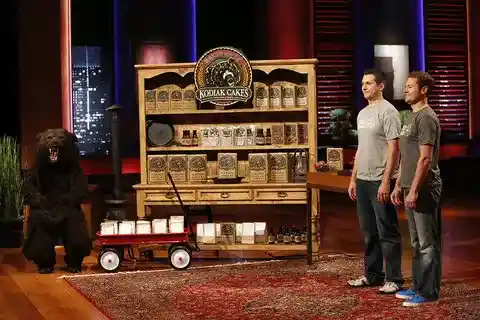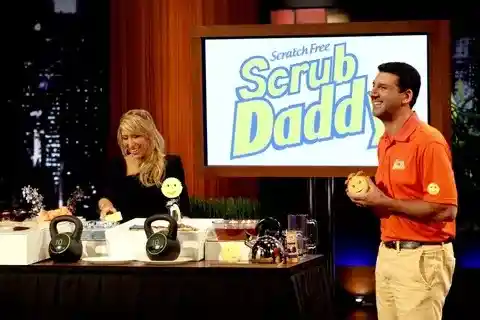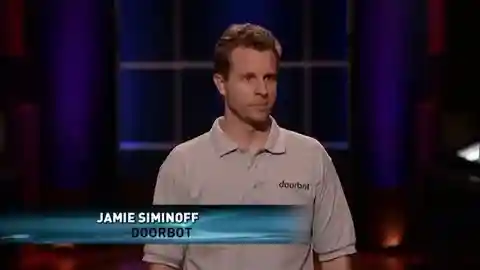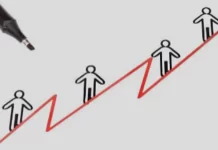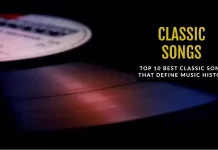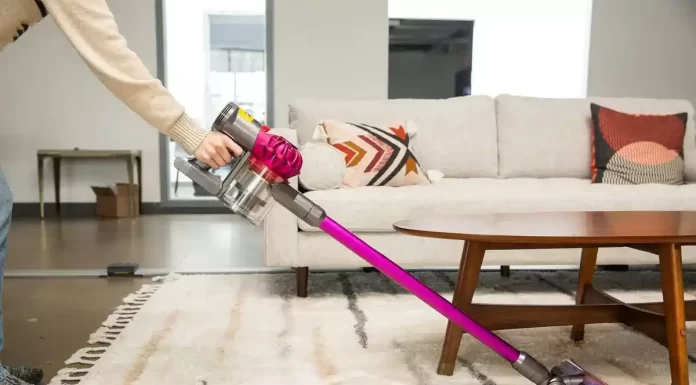For that reason, I’m out. Are you tired of hearing these words? If you are a fan of Shark Tank, then you will love this. These are the ten ideas rejected by Shark Tank judges that went on to become successful businesses.
Here are 10 of Shark Tank’s most successful businesses that you might not expect
-
-
ISlide
Robert offered Kittredge $500,000 for a 20 percent stake in the company. Kittredge thought the offer was too low and countered with the same amount of money in exchange for a 5% stake. Kittredge left empty-handed because they couldn’t reach an agreement. ISlides has sold at Lids and Neiman Marcus since appearing on Shark Tank and has over a dozen partnerships and 50 licenses.
-
Copa Di Vino
Copa Di Vino founder James Martin turned down Sharks’ offers not once but twice, and he is now infamously known as one of the show’s most disliked entrepreneurs. Despite his arrogant attitude, you must admit that his patented, single-serving wine containers are a novel concept. The appearances on the show increased sales from $500,000 to more than $14 million.
-
Xero Shoes
Kevin offered the couple $400,000 for a 50 percent stake in Xero Shoes. The company declined and left the show with no deal. The exposure from being on the show increased sales, with 2,500 pairs of shoes sold in the first week after the episode aired. Xero Shoes now earns more than $12 million per year.
-
Cinnaholic
When they appeared on Shark Tank, Robert offered the couple $200,000 for a 20 percent stake in the company. They agreed and made the deal, but behind the scenes, creative differences and a need for a unified vision for the company caused the deal to fall through. Cinnaholic has grown and expanded significantly since then. They are planning more than 135 retail locations.
-
The Bouqs Company
The Bouqs Company’s pitch on Shark Tank was rejected in 2014, leaving the show without an investment. However, when planning the flowers for his wedding three years later, Robert Herjavec kept their company in mind.
-
SoapSox
Daymond offered Phillips $260,000 for a 33 percent stake. Lori and Robert wanted to team up and buy the whole company for $1 million. Despite turning down both offers, the business continues to thrive. SoapBox partnered with Disney Baby and is available worldwide in baby stores, Nordstrom, and Amazon.
-
Coffee Meets Bagel
The three sisters rejected the $30 million because they believed that Coffee Meets Bagel would one day be worth much more. Instead, they wanted Mark Cuban to invest $500,000 in exchange for a 5% stake in the company.
-
Kodiak Cakes
Joel Clark proposed a $500,000 payment for a 10% stake in the company. Kevin and Barbara countered with 50% ownership, and Robert had 35% ownership. Joel Clark walked away because he couldn’t agree. Kodiak Cakes did not land a deal on Shark Tank. Business Insider claims that Kodiak Cakes made $160 million in annual sales in 2020.
-
Scrub Daddy
Scrub Daddy is another product all Shark Tank judges reject except for Lori Greiner. Greiner made a $200,000 investment in the co-product. It earned her a 20% stake in the company. Her 20% stake in the company will likely be worth at least $20 million. Scrub Daddy remains one of the most successful products pitched on Shark Tank to this day.
-
Ring
The Ring, formerly known as a Doorbot, is the most successful product rejected by all Shark Tank judges. It is the largest deal left by the Shark Tank in late 2013. Amazon acquired Ring for about $1 billion in 2018.
-

